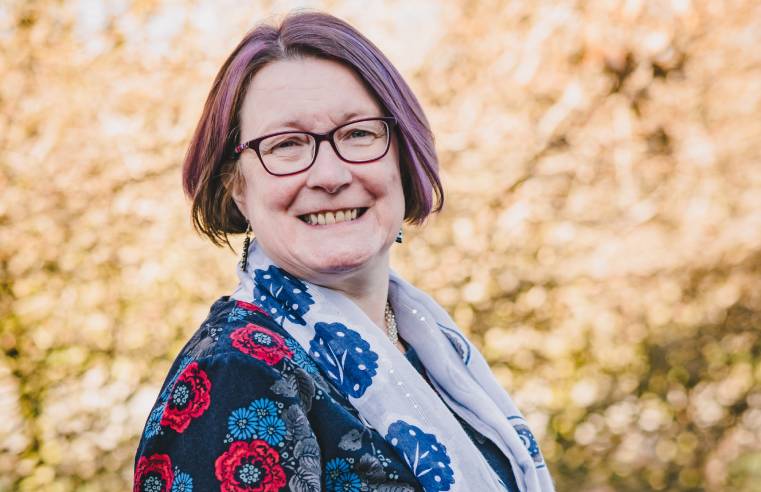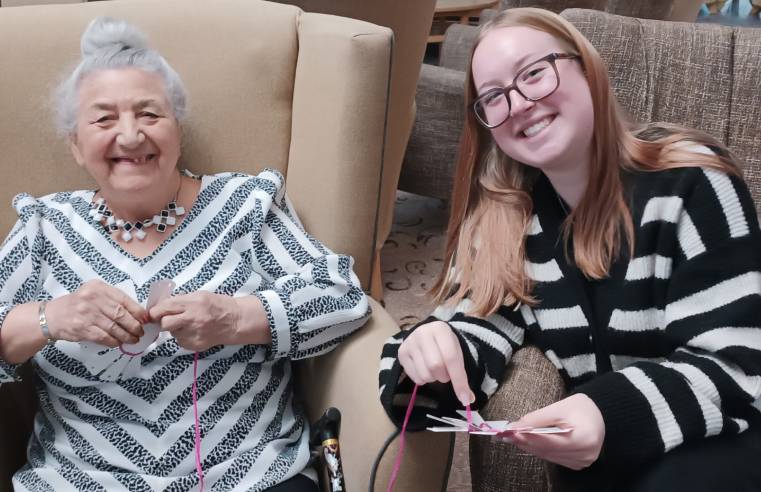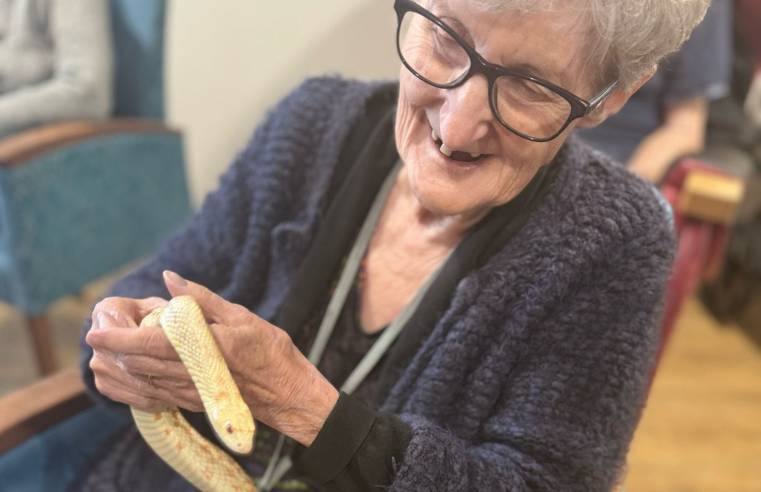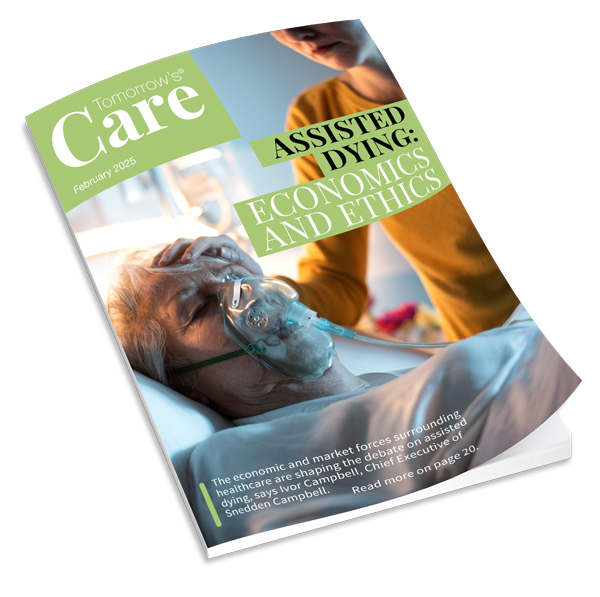The Care Quality Commission (CQC) has made substantial progress as it seeks to address public concerns about its regulatory approach, but significant challenges lie ahead, says a new report by the National Audit Office.
CQC, the independent regulator of health and adult social care services in England, faced criticisms in 2011 and 2012 from a range of bodies including the NAO, the Public Accounts Committee, the Department of Health and the Francis Report.
The grounds on which it was criticised included weaknesses in strategic direction and leadership, insufficient skills and capacity, and failure to intervene quickly or strongly enough in failing providers.
CQC responded by making substantial changes to its structure and leadership and by developing a new regulatory model that strengthens the way it expects to monitor and inspect hospitals, adult care providers and GPs. But it needed to recruit people with new skills for these roles.
According to the NAO, progress has been made in recruiting new staff, but there are not yet enough people to carry out all of CQC’s work. By mid-April 2015 it had reached its initial target to recruit 300 inspectors by the end of that month. However, it deferred target dates for inspecting providers owing to staff shortages.
David Behan, chief executive of the Care Quality Commission, said: “We know we are not at the end of this journey and that there is more to be done. In particular, recruiting, training and supporting our staff is a key priority of ours, as is a complete overhaul to our registration process for providers to improve its efficiency and overall experience.”
The NAO also found that CQC is using data more effectively to plan inspections, in particular for acute trusts, following the conclusions of Sir Robert Francis’ second inquiry which found that it was essential CQC improve the way it used information to monitor risk.
In contrast to the national data available for hospitals and GP services, however, CQC does not have access to routine information about adult social care which is good enough to monitor risk or trigger inspections. The NAO says CQC needs more complete data about regulated bodies, particularly in the adult social care sector, as well as better quantified indicators of its own performance.
Mr Behan added: “We appreciate that our model is still maturing, having inspected less than 10% of providers by the end of the period of time that the NAO's report focuses on. We hope that providers, and importantly people who use their services, are seeing the benefits of our inspections so far, which allow us to root out bad practice and to identify and celebrate what is working well better than ever before.
“We are confident that this, and being open about what we are finding, will lead to real change and improvement. We are determined to demonstrate our impact and to deliver value for money.”
CQC has published its own annual report and accounts for 2014/15, which revealed around 65% of rated services deliver good or outstanding care, with the remainder either requiring improvement or inadequate. Over 70% of providers reported that their inspections gave them information that helped them improve their service.
























